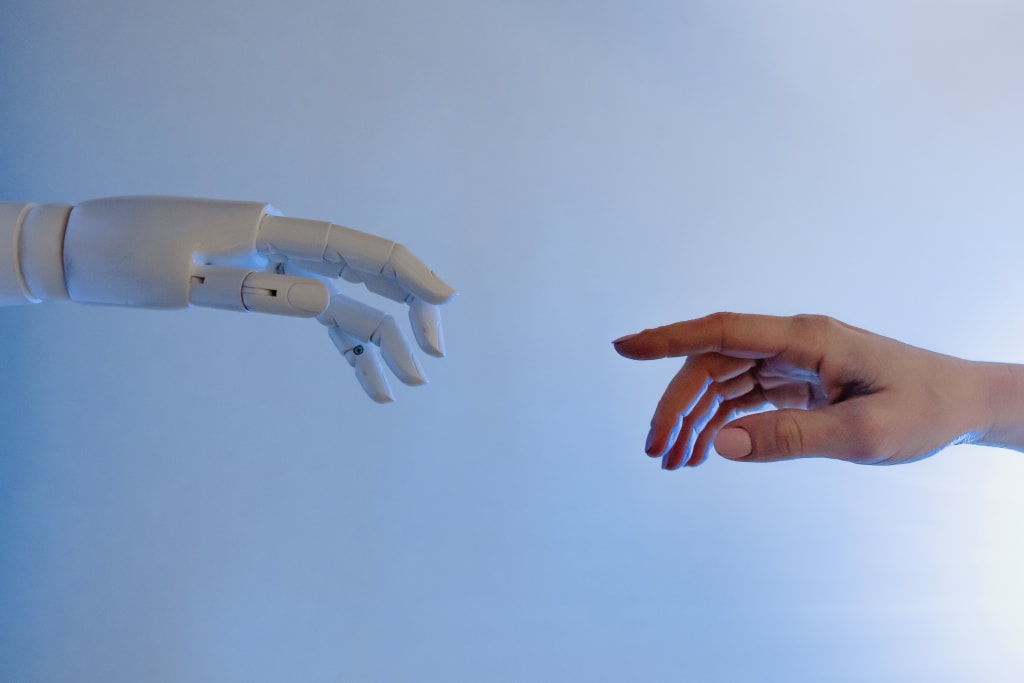Why Artificial Intelligence Should Be Regulated
If not, it could end up going badly.

Artificial intelligence (AI) is rapidly becoming one of the most important and influential technologies of our time, with the potential to revolutionize numerous industries and improve our lives in countless ways. However, as with any powerful technology, there are also significant risks associated with AI, and it is increasingly clear that regulation is needed to ensure that AI is used for the benefit of society and to mitigate its potential negative impacts. In this article, we will explore the reasons why artificial intelligence should be regulated and discuss some of the key challenges and considerations involved in doing so.
The first reason why AI needs to be regulated is to protect individuals' privacy and data security. AI systems often rely on large amounts of personal data to function, and there is a growing concern that this data could be misused or leaked, leading to harm to individuals and society. For example, facial recognition technology, which is becoming increasingly common in many countries, can be used to identify individuals and track their movements, raising serious privacy concerns. Regulation is needed to ensure that AI systems are designed with privacy and security in mind, and to establish guidelines for how personal data should be collected, stored, and used.
Another reason why AI should be regulated is to prevent job displacement and promote social and economic equality. AI has the potential to automate many tasks and jobs, which could result in significant job losses, particularly in low-skilled jobs. While this may bring some benefits, such as increased efficiency and reduced labor costs, it could also lead to increased inequality and social unrest, as those who lose their jobs struggle to find new work. Regulation is needed to ensure that the transition to a more AI-driven economy is managed in a way that minimizes harm and promotes social and economic equality.
A third reason why AI should be regulated is to ensure that it is used ethically and responsibly. AI systems can make decisions that affect people's lives in significant ways, and it is important to ensure that these decisions are made in an ethical and responsible manner. For example, AI systems that are used in the criminal justice system, such as predictive policing algorithms, have been criticized for being biased and unfair, leading to unequal treatment of different groups. Regulation is needed to ensure that AI systems are designed with ethics and responsibility in mind, and to establish guidelines for how AI systems should make decisions that impact people's lives.
Finally, AI regulation is needed to maintain public trust and confidence in the technology. As AI becomes increasingly widespread and influential, it is important to ensure that the public trusts and has confidence in the technology. However, this trust can only be maintained if AI is used in a responsible and ethical manner, and if the public is confident that the technology is being regulated and monitored. Regulation is needed to ensure that AI is used in a way that promotes public trust and confidence, and to establish a framework for addressing public concerns and complaints.
However, while there is a clear case for AI regulation, there are also significant challenges and considerations involved in doing so. One of the biggest challenges is that AI is a rapidly evolving technology, and it is difficult to regulate a field that is constantly changing. This means that regulations need to be flexible and adaptable, allowing for innovation and progress while also ensuring that AI is used in a responsible and ethical manner.
Another challenge is that AI is a global technology, and it is difficult to regulate a field that crosses national borders. This means that regulation needs to be coordinated at the international level, and that there needs to be agreement between different countries on the principles and guidelines that should govern AI.
In conclusion, artificial intelligence is one of the most important and influential technologies of our time, and it is clear that regulation is needed to ensure that it is used for the benefit of society.
About the Creator
Jodi Berkley
A writer from the heart.






Comments
There are no comments for this story
Be the first to respond and start the conversation.